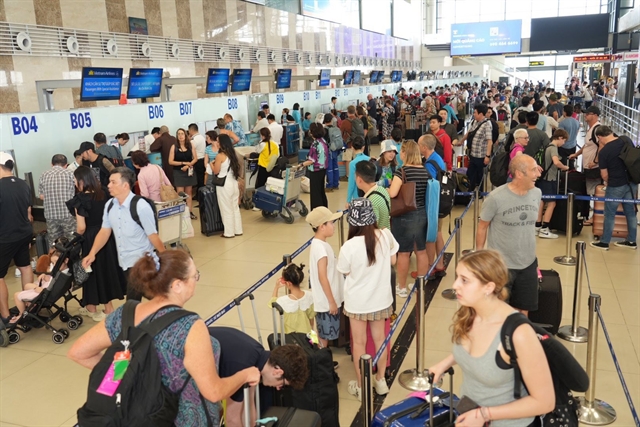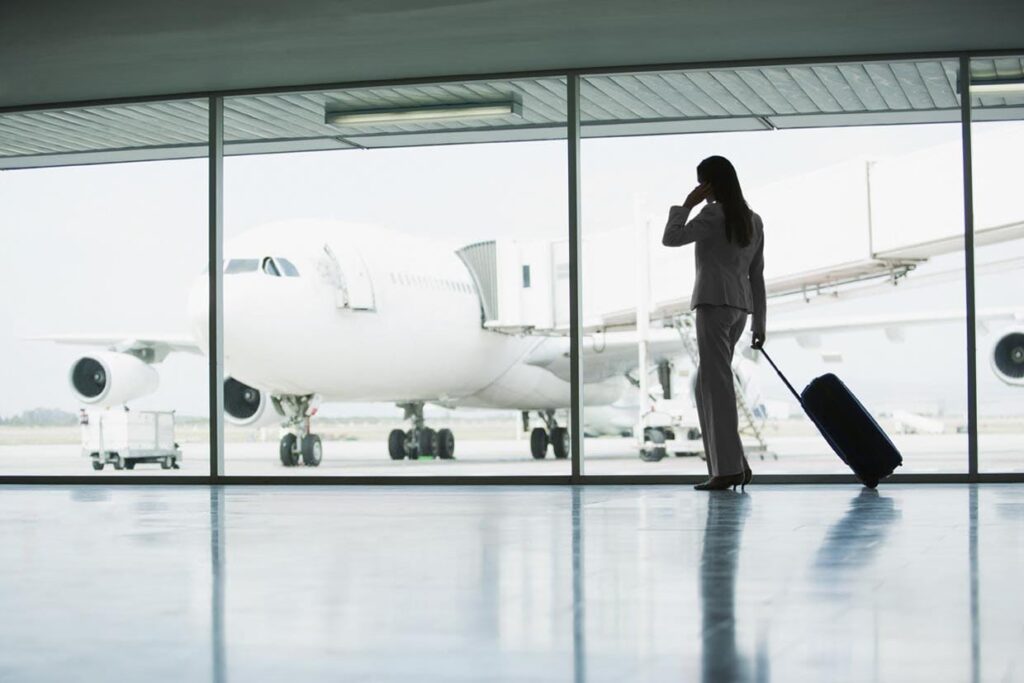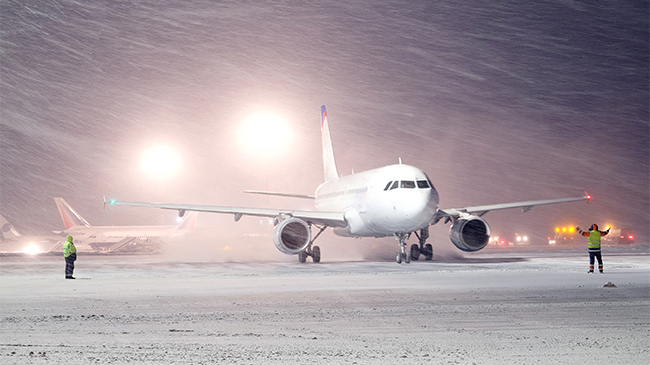Storm Darragh unleashed severe weather characterized by strong winds and heavy rain, causing widespread travel disruptions across the globe. Thousands of passengers faced chaos, affecting major airlines such as British Airways, Emirates, Lufthansa, Delta, American Airlines, Air France, and KLM. This incident highlights the urgent need for the travel industry to enhance preparedness in the face of severe weather patterns attributed to climate change.

Impact of Storm Darragh
Over 200 flights were cancelled at Heathrow Airport alone, stranding numerous travellers and igniting frustration. The International Air Transport Association (IATA) reported a 25% increase in extreme weather events over the last decade, leading to more frequent and severe disruptions. Travellers experienced long wait times, struggling to rebook flights or seek assistance. Many expressed disappointment and stress due to unexpected disruptions.
Airline Response
Airlines acted quickly to support affected passengers. British Airways and Lufthansa communicated cancellation policies clearly, offering options for free rebooking or refunds. Delta and American Airlines improved communication through mobile alerts and social media channels. Research suggests proactive communication during disruptions can significantly improve customer trust and loyalty.
Emotional Toll
Travel disruptions can lead to increased anxiety and frustration among passengers, affecting their overall travel experience. Airlines must recognize the psychological impact and provide adequate support, including staff training and resources for distressed passengers.

Future Implications
The situation raises vital questions about airline operations during extreme weather and prompts a reevaluation of contingency plans. Airlines need comprehensive crisis management strategies, including thorough training and advanced technology for real-time tracking and communication.
Industry Changes
Storm Darragh may inspire industry changes prioritizing passenger safety and flexibility. The International Civil Aviation Organization (ICAO) emphasizes that the aviation industry must adapt to climate change by developing sustainable practices and investing in infrastructure capable of withstanding severe weather.
Collaboration and Technology
The recent disruptions highlight the critical need for collaboration among airlines, airports, and government agencies. A study by the World Economic Forum found that a coordinated approach to crisis management can significantly reduce the impact of disruptions on travelers. Airlines must also invest in technology to enhance operational efficiency during disruptions.

Traveler Preparedness
Travelers must stay informed and prepared for unexpected disruptions, as research indicates that proactive travelers who seek information about their flights and understand their rights are better equipped to handle disruptions effectively.
Conclusion
Storm Darragh serves as a cautionary tale for both travelers and airlines. They emphasize the importance of being informed, prepared, and flexible to minimize the impact of future disruptions. By learning from these experiences, both parties can navigate challenges more effectively in the future.

















